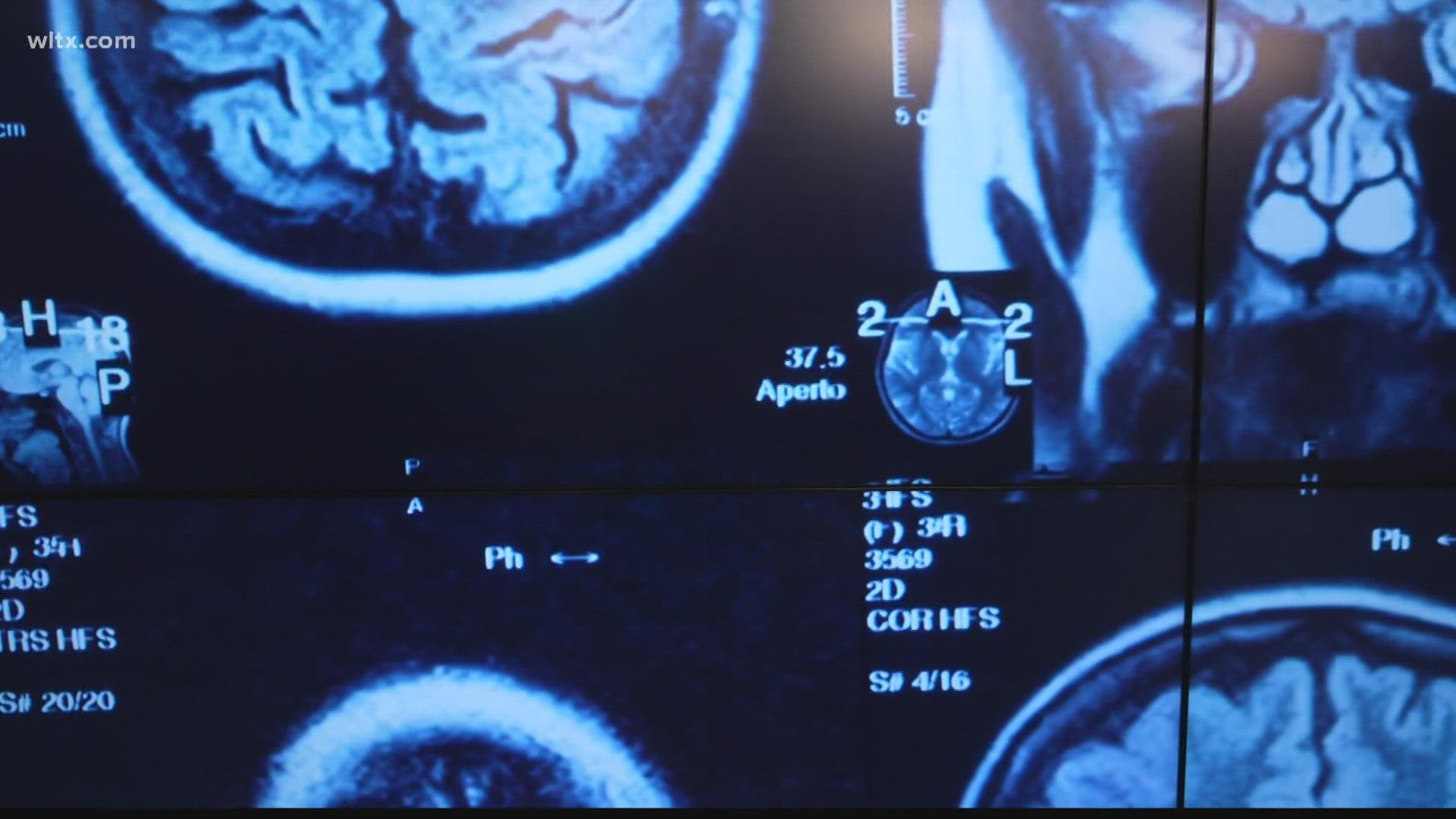COLUMBIA, S.C. — The nation's hospitals are seeing a critical shortage in the dye used in certain medical scans and procedures. Midlands hospitals say they are doing everything they can to try and conserve the dye they have left.
The South Carolina Department of Health and Environmental Control (DHEC) issued a statement saying the shortage was caused by the COVID-19 lockdown in Shanghai, China, which led to the temporary closure of a facility that produces majority of the global supply of iodinated contrast.
Dr. Reggie Munden, Professor and Chair of the Department of Radiology at MUSC, says they use the dye every day but shipments are becoming infrequent.
"We do about a 100 examinations a day ... aortic dissection, chest pain, heart attack, coronary artery issues ... we use it to look for strokes, we use it in chest pain, and then we use it in diagnosing,” Munden said. "We have probably an eight to ten day supply on-hand.”
According to Munden, the dye is an iodine-based substance that is injected into a patient. It then flows through the blood vessels and highlights the organs and anatomy, making it easier for doctors to see if there are any abnormalities.
“The other large usage for it is in a trauma patient, where you're looking for significant organ or vascular disruption," Munden said.
As of right now, Munden says no patient is being turned away from MUSC. Instead they’re doing other scans to conserve dye.
“We can do MR to look for vascular abnormalities, we can do ultrasounds to look for stuff in the abdomens, or can just do a CT without contrast," Munden said.
In a statement issued to News 19, Primsa Health said, “We are working with our industry partners to quickly restore supply. In the interim, we are utilizing all of our diagnostic resources to meet the needs of our patients.”
Asked what the worst case scenario would be, Munden said, “I do think that, that if we got to where we ran out of contrast, it would put lives at stake."
According to DHEC, the production facility in China is back open, but the shortage will impact some hospitals for six to eight weeks as production backlogs are addressed.


